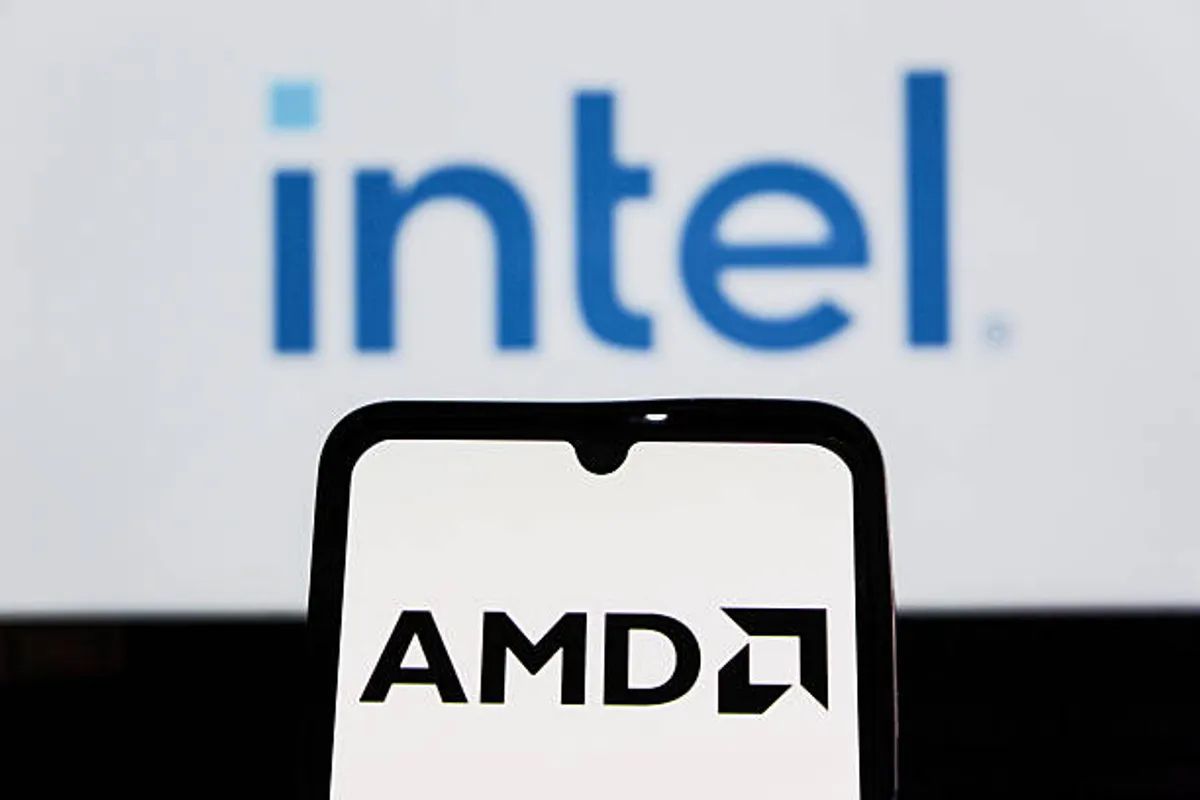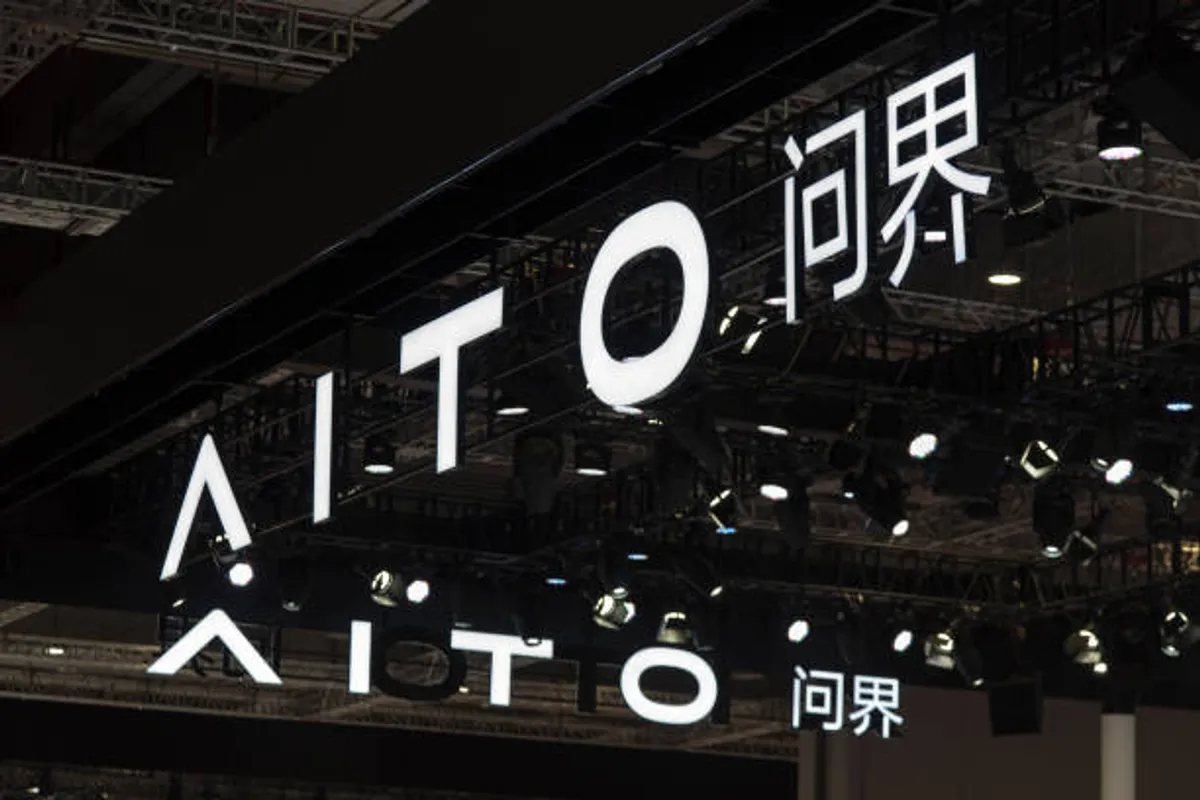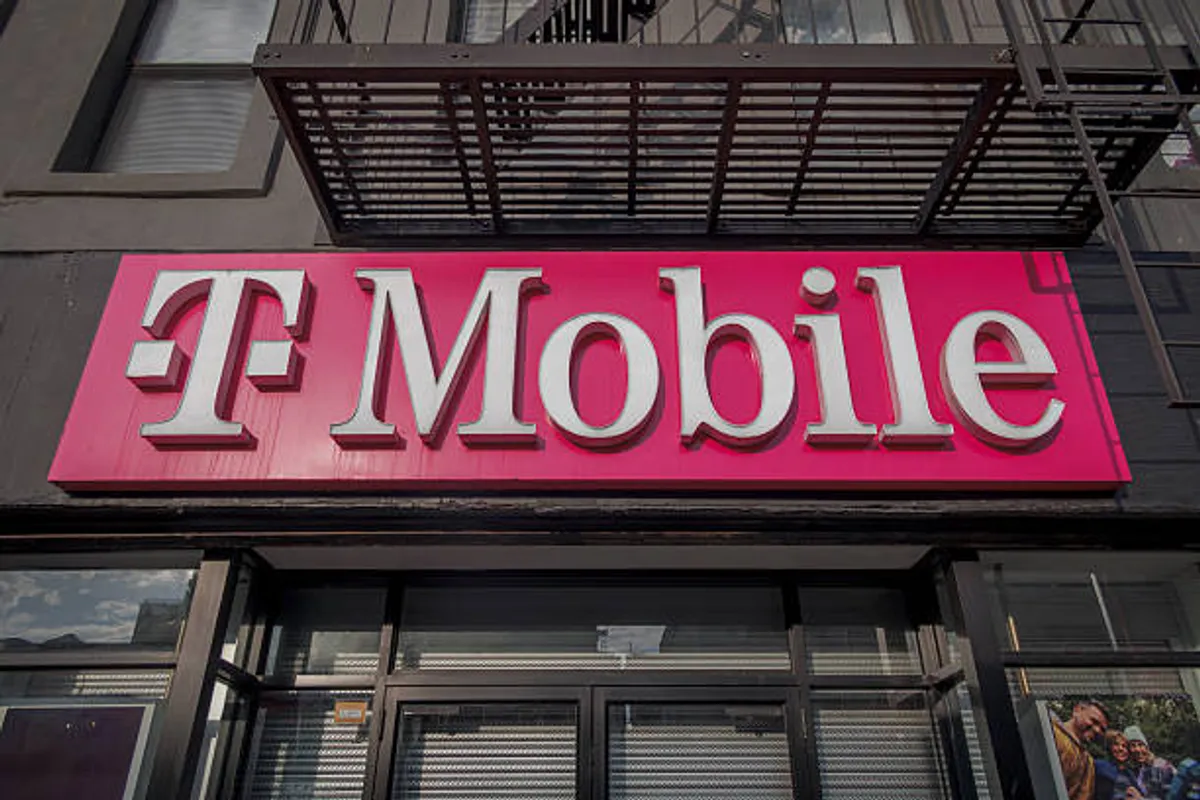Indian Tribunal Lifts WhatsApp Data-Sharing Ban, But Upholds Meta Platforms Fine

GeokHub

A major legal turn has come in India’s regulatory battle with Meta Platforms as the country’s appeals tribunal, the National Company Law Appellate Tribunal (NCLAT), set aside a five-year ban on WhatsApp’s sharing of user data for advertising purposes with Meta’s other businesses. At the same time, the tribunal upheld a penalty of US $25.4 million imposed by the Competition Commission of India (CCI).
WhatsApp had challenged the CCI’s November 2024 directive, arguing that the ban would force it to roll back core features and hamper its business model. The tribunal found that the rationale for the data-sharing ban was “missing altogether” and therefore removed that restriction. Nonetheless, it affirmed the fine and the finding that Meta abused its dominant market position by imposing unfair conditions.
India is a critical market for Meta—with hundreds of millions of users across Facebook, Instagram and WhatsApp—making the ruling significant not just for the company’s operations in the country but for global tech regulation trends.
Analysis / Impact:
The decision creates a nuanced outcome: Meta secures relief from the operational burden imposed by the ban, but remains on the hook for anti-competitive behaviour. For Meta, the lifting of the ban reduces immediate disruption to its integrated advertising business in India; however, the upheld fine serves as a signal that regulators continue to scrutinise its practices.
For regulators and the tech industry alike, this case illustrates the evolving complexity of digital-platform oversight—especially where data sharing intersects with competition law and user privacy. The CCI’s original decision highlighted potential abuses in how WhatsApp users were required to accept data-sharing terms; now, the tribunal’s partial reversal suggests that enforcement mechanisms must be robustly supported by clear reasoning and evidence.
The wider implication is that tech companies may continue to face stiff regulatory risks when their business models blend consumer messaging, data analytics and advertising across jurisdictions. Meanwhile, India reinforces its role as a significant battleground for global platform governance—where operational rules, competition concerns and data rights converge.








